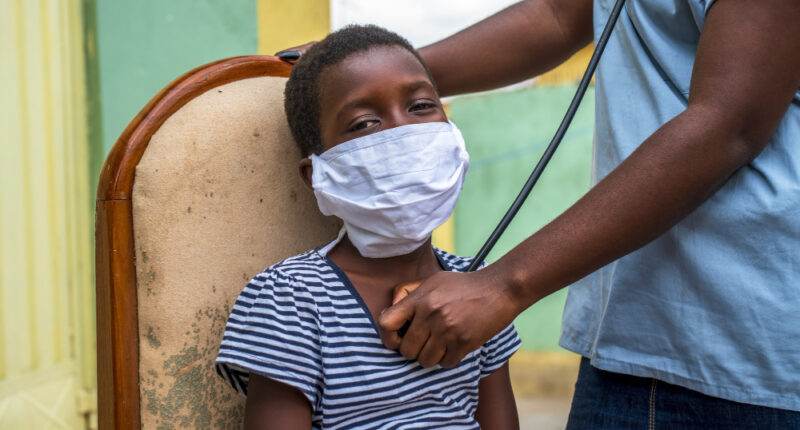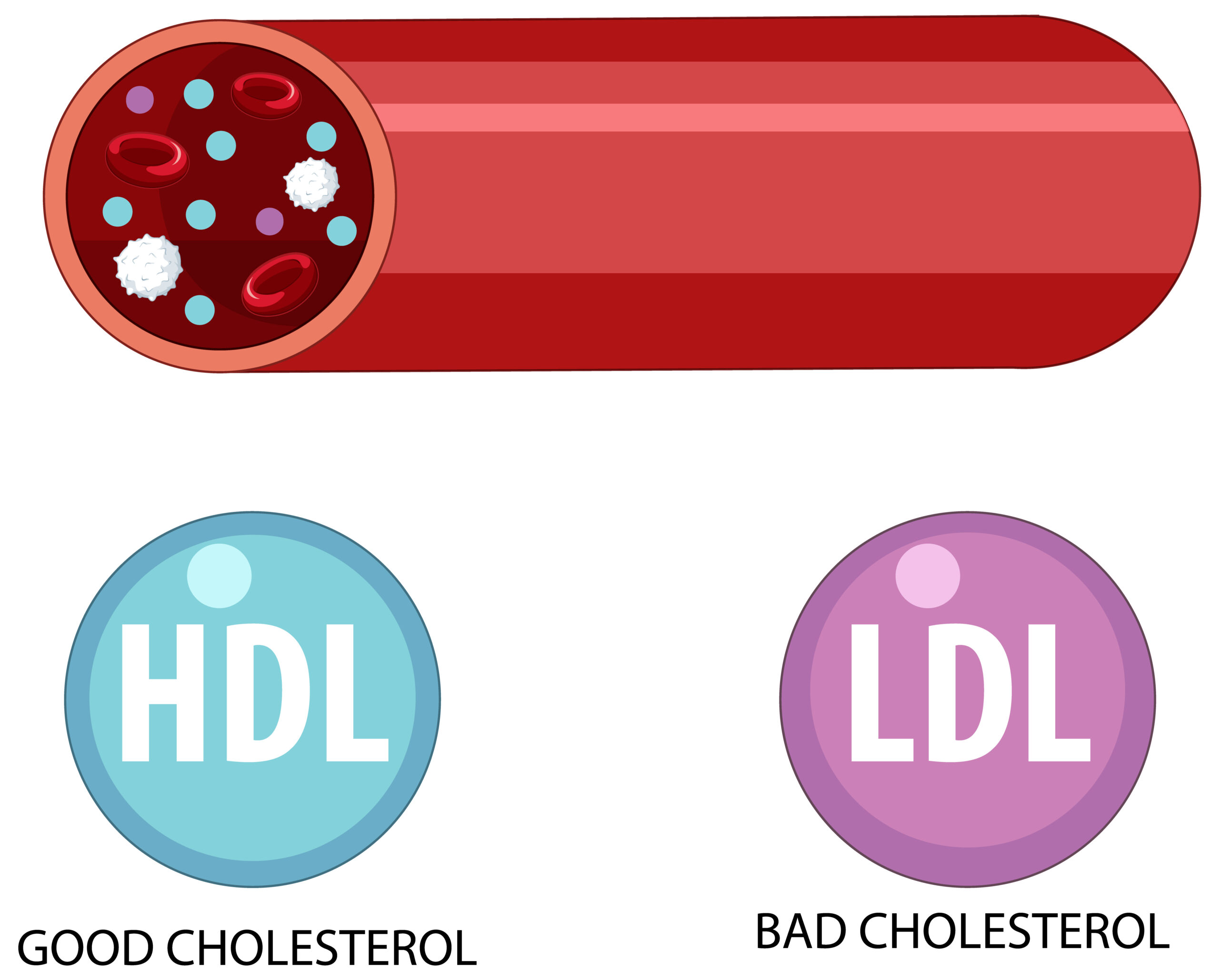Cholera, an acute diarrheal illness caused by the bacterium Vibrio cholerae, continues to be a significant global health concern. Recent outbreaks have once again highlighted the critical need for improved sanitation, access to clean water, and robust public health strategies. This blog delves into the recent cholera outbreak, exploring its causes, impacts, and preventive measures.
Understanding the Recent Cholera Outbreak
The most recent cholera outbreak has been reported in several countries, notably in parts of Africa and South Asia. These regions have experienced a surge in cholera cases, overwhelming healthcare systems and causing numerous fatalities. Factors contributing to this outbreak include poor sanitation, inadequate access to clean water, and the displacement of populations due to conflicts and natural disasters.
Causes of the Cholera Outbreak
Several key factors have fueled the recent cholera outbreak:
- Contaminated Water Sources: In many affected areas, people rely on untreated water sources for drinking, cooking, and cleaning. This water is often contaminated with Vibrio cholerae, leading to widespread infection.
- Poor Sanitation: Lack of proper sanitation facilities, such as toilets and sewage systems, contributes significantly to the spread of cholera. Open defecation and improper disposal of human waste facilitate the contamination of water sources.
- Population Displacement: Conflicts and natural disasters have displaced large populations, forcing them into overcrowded and unsanitary living conditions. These environments are breeding grounds for cholera and other infectious diseases.
- Climate Change: Changes in climate patterns, including increased rainfall and flooding, can exacerbate the spread of cholera by contaminating water sources and disrupting sanitation infrastructure.

Symptoms and Diagnosis of Cholera
Cholera symptoms can appear suddenly and include severe watery diarrhoea, vomiting, and rapid dehydration. If not treated promptly, cholera can lead to shock and death within hours. Diagnosis is typically based on the clinical presentation and confirmed through laboratory testing of stool samples.
Impact of the Cholera Outbreak
The impact of the recent cholera outbreak has been devastating:
- Health Crisis: Thousands of people have been infected, with many requiring urgent medical care. Healthcare facilities in affected regions are often under-resourced and overwhelmed.
- High Fatality Rates: Without timely treatment, cholera can be fatal. The recent outbreak has resulted in numerous deaths, particularly among vulnerable populations such as children and the elderly.
- Economic Burden: The outbreak places a significant economic burden on affected countries, diverting resources from other critical areas and impacting productivity.
- Social Disruption: Cholera outbreaks can lead to social unrest and displacement, further complicating response efforts.
Preventive Measures and Response Strategies
Effective prevention and control of cholera outbreaks require a multifaceted approach:
- Access to Clean Water: Ensuring access to safe drinking water is paramount. This includes treating water sources, distributing water purification tablets, and providing bottled water in emergencies.
- Improved Sanitation: Building and maintaining adequate sanitation facilities, promoting proper waste disposal, and educating communities about hygiene practices are crucial steps.
- Vaccination: Oral cholera vaccines (OCVs) are an effective tool in controlling outbreaks. Mass vaccination campaigns in high-risk areas can provide temporary protection and reduce transmission rates.
- Rapid Response Teams: Deploying rapid response teams to affected areas can help contain the outbreak quickly. These teams provide medical care, distribute rehydration solutions, and educate communities about cholera prevention.
- Public Health Education: Raising awareness about cholera transmission and prevention through community outreach and media campaigns is essential. Educating people about the importance of handwashing, safe food preparation, and avoiding contaminated water can significantly reduce infection rates.
- Strengthening Healthcare Systems: Investing in healthcare infrastructure and training healthcare workers to manage cholera cases effectively can improve response capabilities.
Conclusion
The recent cholera outbreak underscores the urgent need for comprehensive public health strategies to prevent and control the spread of this deadly disease. By addressing the root causes, such as poor sanitation and lack of access to clean water, and implementing effective response measures, we can mitigate the impact of cholera outbreaks and protect vulnerable populations. Continued global efforts and cooperation are essential to combat cholera and ensure the health and well-being of communities worldwide. If you are in an affected area, stay informed, practice good hygiene, and seek medical attention if you experience symptoms of cholera.








